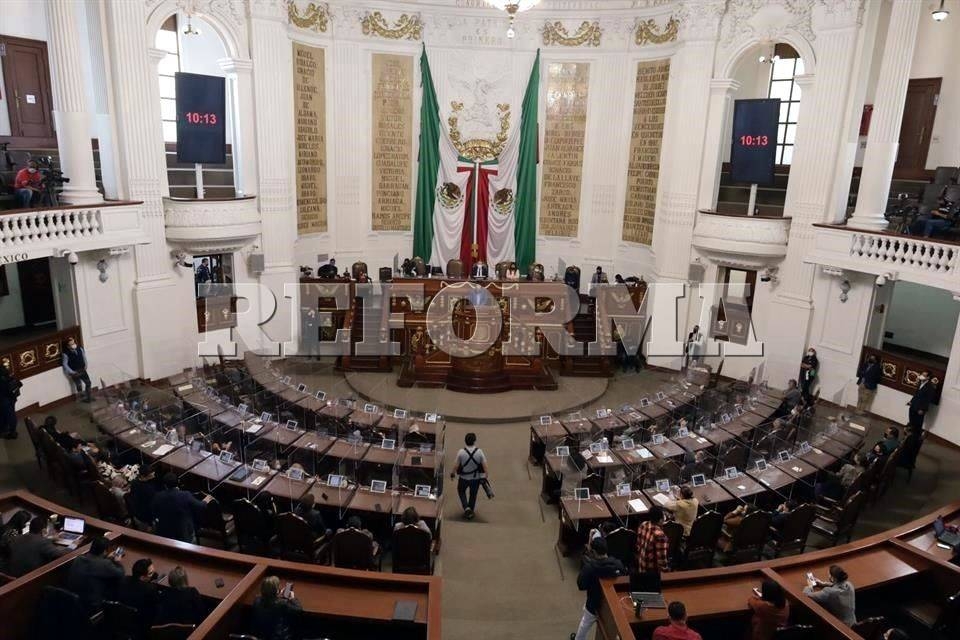
“They go against penalties for HIV transmission “
The deputies Ana Francis López and Temístocles Villanueva, from Morena, presented an initiative to eliminate the penalties of three months to 10 years in prison stipulated in the Penal Code against those who transmit the Human Immunodeficiency Virus (HIV) to another person, even when having knowledge of their diagnosis.
Although the law is not explicit in mentioning HIV as a transmission that warrants imprisonment, it has been used to initiate proceedings against people living with the virus.
As was the case of a man who was arrested by the Attorney General’s Office on June 3, for incurring “danger of contagion.”
The deputies accuse the law to be ambiguous. They point out that the term “incurable diseases” is imprecise, and gives rise to the jurisdictional authority deciding which are the diseases that are considered serious.
The initiative of López and Villanueva proposes to reform Article 76 in order to eliminate the penalties for danger of contagion and to repeal Article 159 of the Penal Code of Mexico City; it was turned over to the Commissions for the Procurement and Administration of Justice for analysis.
Civil organisations have fought for this repeal, something recommended by UNAIDS, since they state that it criminalises those living with HIV, .
“The Joint United Nations Program on HIV and AIDS has insisted that countries must carry out reforms and make commitments in the framework of the 2030 Agenda for sustainable development, in order to eliminate discriminatory laws,” they quote in the proposal.
Van contra penas por transmisión de VIH
Los diputados Ana Francis López y Temístocles Villanueva, de Morena, presentaron una iniciativa para eliminar las penas de tres meses a 10 años de prisión contempladas en el Código Penal en contra de quienes transmitan el Virus de Inmunodeficiencia Humana (VIH) a otra persona, aun teniendo conocimiento de su diagnóstico.
Aunque la ley no es explícita al mencionar al VIH como una transmisión que amerite prisión, se ha utilizado para iniciar procedimientos contras personas que viven con el virus.
Como lo fue el caso de un hombre que fue detenido por la Fiscalía General de Justicia el 3 de junio pasado, por incurrir en “peligro de contagio”.
Los diputados acusan que la ley es ambigua, pues señalan que el término “enfermedades incurables” es impreciso, lo que da pie a que la autoridad jurisdiccional decida cuales son las enfermedades que se consideran graves.
La iniciativa de López y Villanueva propone reformar el Artículo 76 para eliminar las penas por peligro de contagio y derogar el Artículo 159 del Código Penal de la Ciudad de México; fue turnada a las comisiones de Procuración y Administración de Justicia para su análisis.
Organizaciones civiles han pugnado por esta derogación, ya que acusan que criminaliza a quienes viven con VIH, algo que ONUSIDA ha recomendado.
“El Programa Conjunto de las Naciones Unidas para el VIH y el SIDA ha insistido en que los países deben realizar reformas y adquirir compromisos en el marco de la Agenda 2030 para el desarrollo sostenible, con el fin de eliminar las leyes discriminatorias”, citan en la propuesta.








